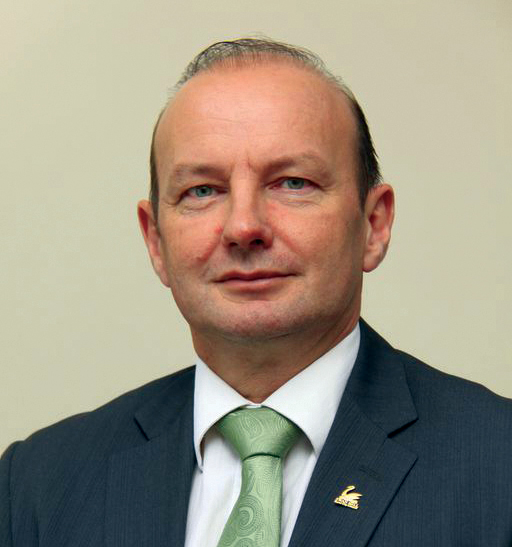
CONFIDENCE in senior leadership at Frankston Council is low, according to the first staff survey conducted at council for many years.
The results of an employee “alignment and engagement survey”, seen by The Times, reveals just 25 per cent of survey respondents believe council’s “senior leadership team has a vision for council that inspires me”.
A low 36 per cent think “our senior leaders act with integrity” and just 30 per cent believe “our senior leaders are good role models”, the staff survey conducted by consultant Insync Surveys shows.
The staff survey paints an overall picture of low morale among staff at Frankston Council although many employees praised colleague “team” members and 71 per cent gave their immediate boss a positive rating, stating “the person I report to is trustworthy”.
When asked about the low confidence in senior leadership reflected in the survey, council CEO Dennis Hovenden said the questionnaire comes after council has not been in “a good space” for the past four years amid division among councillors and the arrival of state government-appointed monitor Prue Digby.
The survey is the first time staff have been formally asked to provide feedback about working at council since Mr Hovenden’s arrival as CEO six years ago.
Councillors were also criticised in several survey comments by some council staff for their behaviour at public council meetings and alleged “interference” in council projects.
Mr Hovenden admitted the period between surveys has been “too long” and “council faced some difficult times” during the past few years.
He said protracted negotiations over a new enterprise bargaining agreement (EBA) with the Australian Services Union alongside council employees had also been a factor in any staff disgruntlement.
When asked about the poor feedback for council’s leadership Mr Hovenden said: “The leadership group isn’t just the CEO. It’s also the executive group and councillors.”
Mr Hovenden arrived at Frankston after more than five years as Swan Hill Rural City Council CEO. Before the Swan Hill role, he was CEO at Naracoorte Lucindale Council in South Australia for four-and-a-half years.
In 2004, then SA state MP Bob Sneath slammed “the leadership, management and governance of the Naracoorte Lucindale Council” amid the resignation of several senior council officers over a 12-month period.
When asked last week about Mr Sneath’s comments, made under parliamentary privilege, Mr Hovenden said he and Mr Sneath had not agreed on several matters.
Mr Sneath mentioned “bullying and intimidation” during his SA parliamentary speech.
“That was a long time ago and an interesting council,” Mr Hovenden said last week.
“No-one accused me personally of bullying them.
“Anyone can say anything under parliamentary privilege.”
Some comments by Frankston Council staff in the Insync survey mentioned “bullying”, but Mr Hovenden played down suggestions of any culture of bullying at council.
“I think bullying is perhaps not the proper word and is sometimes used when a decision is made and someone doesn’t agree with something,” he said.
The CEO said he is focusing on council staff “working more cohesively” and said employees are asking for “greater communication with the CEO” amid a restructured divisional approach at Frankston.
The Times revealed in 2015 there had been 36 allegations of bullying at council within the previous two years and Mr Hovenden at the time confirmed, after a freedom of information request was lodged, that five cases of bullying at council were “either fully or partially proven”.
Mr Hovenden said there had been no accusations “ as far as I know” of bullying at Swan Hill Rural City Council during his 2007-2012 tenure as CEO in Swan Hill.
When Mr Hovenden resigned in Swan Hill, then-mayor John Katis thanked the departing CEO for his “passion, leadership and commitment to council” and expressed disappointment at his decision to leave for Frankston.
“I believe Swan Hill has been a stepping stone for him and I feel proud to say that,” Cr Katis told Swan Hill newspaper The Guardian in September 2012.
Mr Hovenden said he understands staff at Frankston Council feel under pressure since “workloads have risen” in recent times and he has been speaking to staff about the survey results.
The Times has asked the CEO to provide figures on any bullying allegations at council since June 2015.
1 Comment
It didn’t last. A few weeks of show, then all is back to normal.
The boys in charge at Frankston are aware of current bullying cases and have chosen to do nothing. Nothing has changed. More coverups for “the boys”, putting our council at risk financially and damage to our reputation. Financial risk that our ratepayers will bear the cost of, instead of that money going to services for our community. It has to stop. Something has to happen. There is evidence everywhere but nobody uses it.